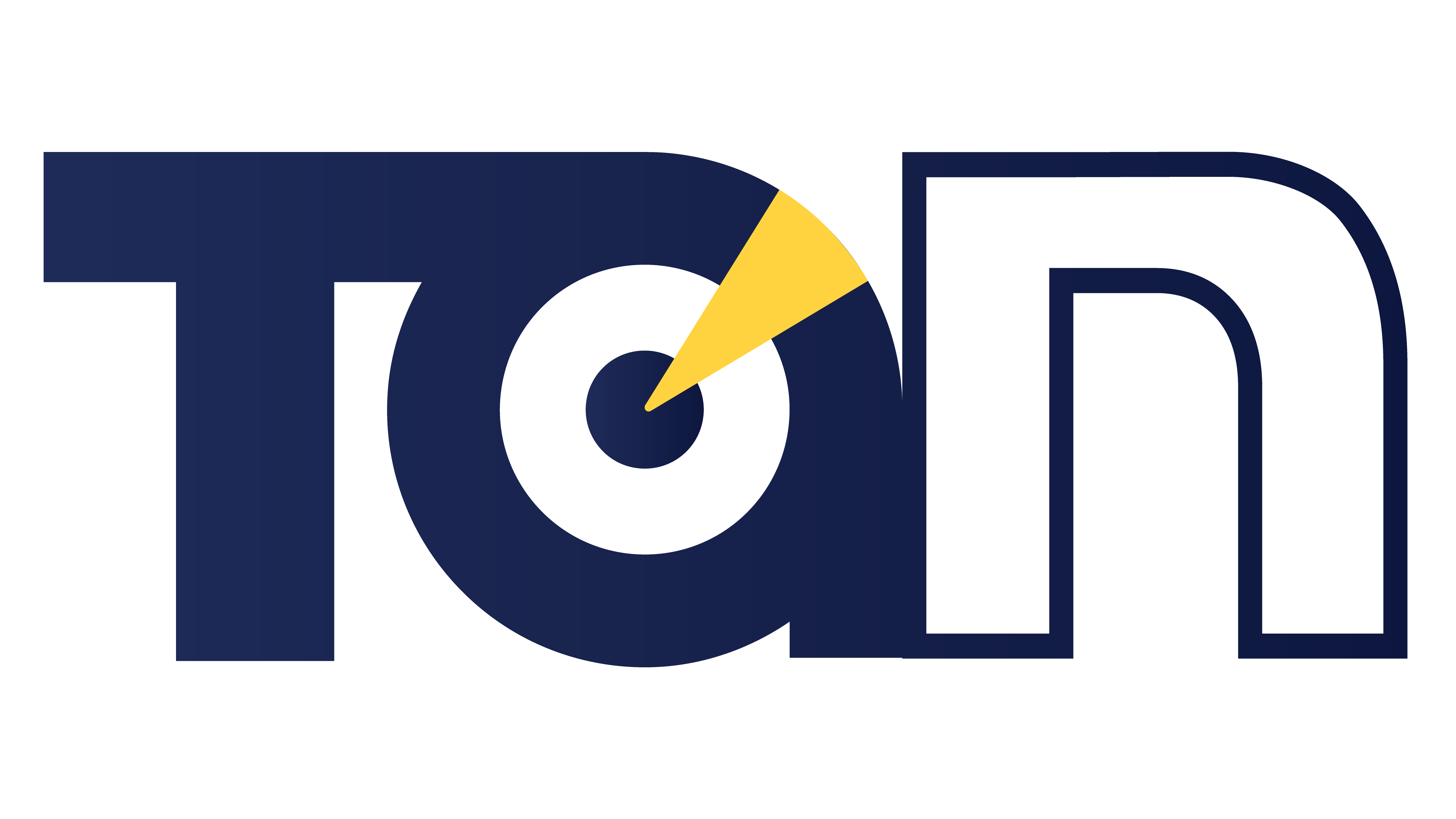Is My Background Suitable for a Business Advisory Role...
Is My Background Suitable for a Business Advisory Role...
One thing I get asked all the time is what background works best for coaching or consulting…
First up, experience matters. Aim for around a decade in business—whether you’ve run your own show or played a pivotal role in someone else’s venture. It’s all about fluency in the language of business: sales, marketing, margins, productivity, planning.
But what about style? Well, there are four distinct types to consider: decisive, creative, supportive, and objective.
Decisive types are all about making quick, confident decisions. They’re the ones who lay down the law and lead their clients forward.
On the flip side, creatives thrive on presenting a plethora of well-thought-out options. They’re the idea machines, always brainstorming and offering choices.
Then there are the supportives. They excel at offering encouragement and motivation, minus the cheerleading. They’re there to unpack doubts and build their clients’ confidence, step by step.
And last but not least, we have the objectives. They’re the masters of simplification, cutting through the noise to offer crystal-clear explanations. They’re not here to hold hands; they’re here to make things make sense.
The Difference Between Coaching, Consulting, and Advisory Services
The Difference Between Coaching, Consulting, and Advisory Services
Let’s dive into the distinctions between coaching, consulting, and advisory services, specifically focusing on what really sets them apart in client interactions.
When we talk about consulting, it’s all about leveraging your own knowledge and experience to guide your clients. You’re essentially telling them, “Follow steps ABC to achieve XYZ.” It’s a straightforward exchange where your expertise is the commodity.
But let’s flip the script and consider this from the client’s perspective. Imagine someone advising you on the top three actions for your current projects. You’d naturally evaluate their suggestions, pondering their applicability and your willingness to follow through. Even when experts are consulted, there’s an inner dialogue about the pertinence of their advice to your specific situation, which can affect your commitment to the proposed actions.
This is where the crux of pure consulting lies. If clients lack confidence in the advice, they might not act on it, leading to phrases like “I didn’t start” or “I was unsure.” This hesitation often signifies a lack of belief in the ability to execute the advice without direct assistance.
On the other hand, coaching takes a different tack. It’s about asking clients to identify two or three key actions they can undertake before your next meeting. This approach doesn’t rely on the coach’s expertise in the client’s field but on the power of the right questions to stimulate client-driven action.
Advisory services strike a balance between these two, marrying expertise with a coaching mindset to encourage clients to embrace and act on parts of the advice given. This middle ground is where the magic happens, blending knowledge with empowerment.
For those intrigued by coaching, remember that understanding its principles is one thing, but practicing it is another ball game. When you combine coaching with your expertise, you create a potent mix that’s incredibly valuable to the SME sector.
So, there you have it—an overview of coaching, consulting, and advisory services. I hope this sheds some light on their differences and how they can complement each other. Catch you later!
The Business Model of Consulting vs Coaching
The Business Model of Consulting vs Coaching
One question I hear a lot is ‘what’s the difference between coaching and consulting?’…
I’ve put together a quick outline above to clear up any confusion.
Imagine you’re a consultant.
You’re great at what you do, but your work is project-based.
You solve a problem, then you’re onto the next gig.
It’s a cycle of highs and lows, with cash flow all over the place.
Now, coaching is different.
It’s about long-term relationships.
We’ve had clients for years, bringing in steady income month after month.
So, here’s the deal: small businesses need guidance.
They could go it alone or partner with others, but that comes with its own challenges.
That’s where we come in.
We offer expertise without the headaches.
Bottom line: consulting is project-based, coaching is about building relationships.
At Trusted Advisor Network, we blend both for the best results.
If this sounds like it could be your next move, then take a look at our prospectus to find out how you can build yourself a lifestyle business that you can scale…
The Difference Between a Generalist and a Specialist
The Difference Between a Generalist and a Specialist
In the SME community, businesses often get specialist help for specific needs. For instance, they’ll get an accountant for compliance work, digital marketers to get more leads, and HR consultants for recruitment needs.
But as specialists are great in their line of work, business owners need a far broader skill base that covers the entire business… that falls under “Generalist” help.
Consider this: an accountant might identify a decrease in profit margins and attributing it to a bunch of different factors. But a Generalist will be looking for the root cause such as the need for sales training to make sure the focus is on value rather than price.
Similarly, digital marketers might generate a heap of new leads, but a Generalist will pinpoint issues like the absence of an effective follow-up process or sales system.
And in HR, smaller businesses might be budget constrained that prevents them from hiring specialist assistance with the associated costs. A Generalist will provide strategies to improve margins so there’s more money to attract better talent.
These examples highlight the importance of a Generalist perspective in dealing with common issues that affect SME businesses every day. If these are your types of problems that you like to fix, then check out coaching/consulting within the SME community!
If that’s you, then take a look at our prospectus to find out how you can assist SMEs and build yourself a lifestyle business that you can scale…











